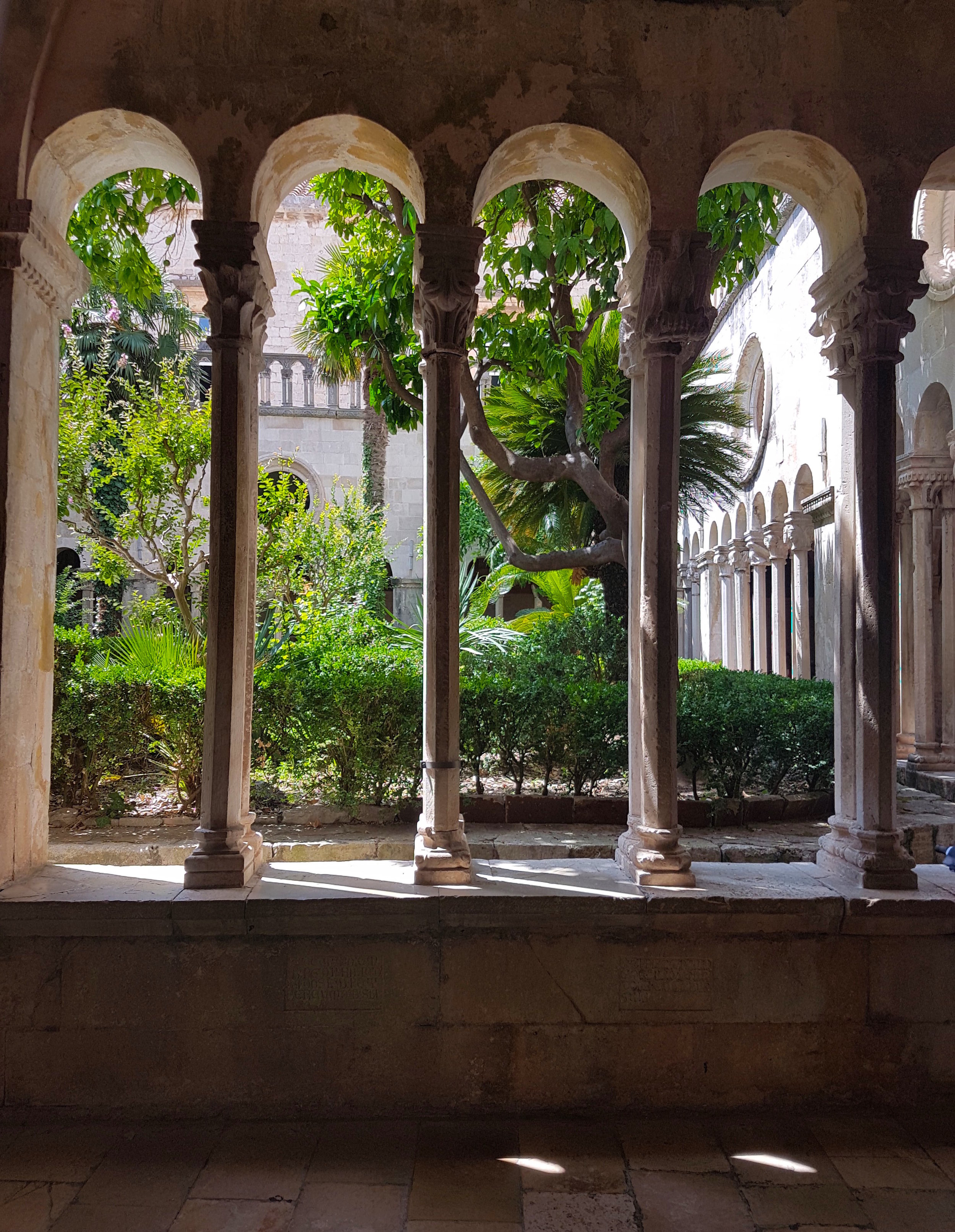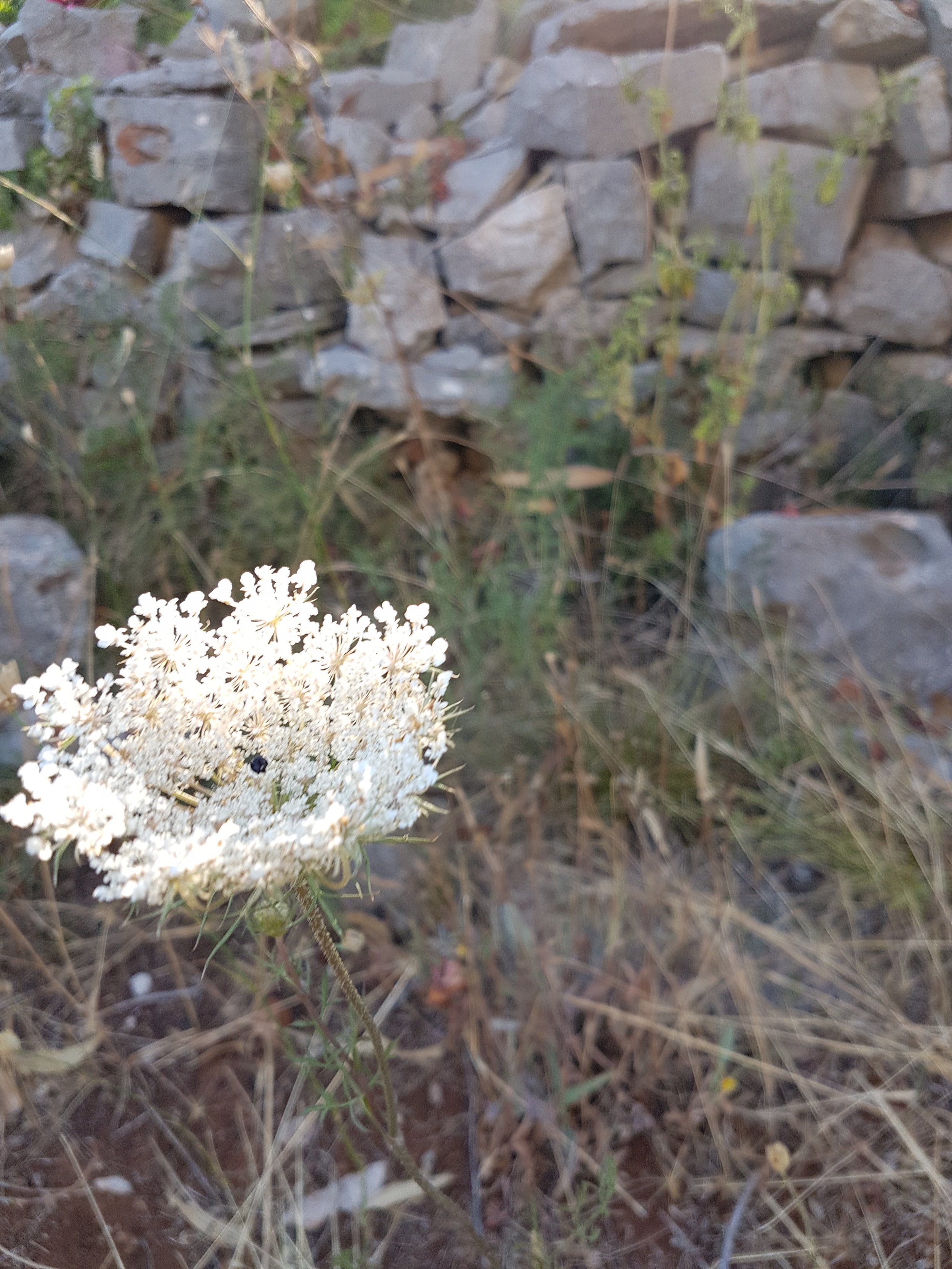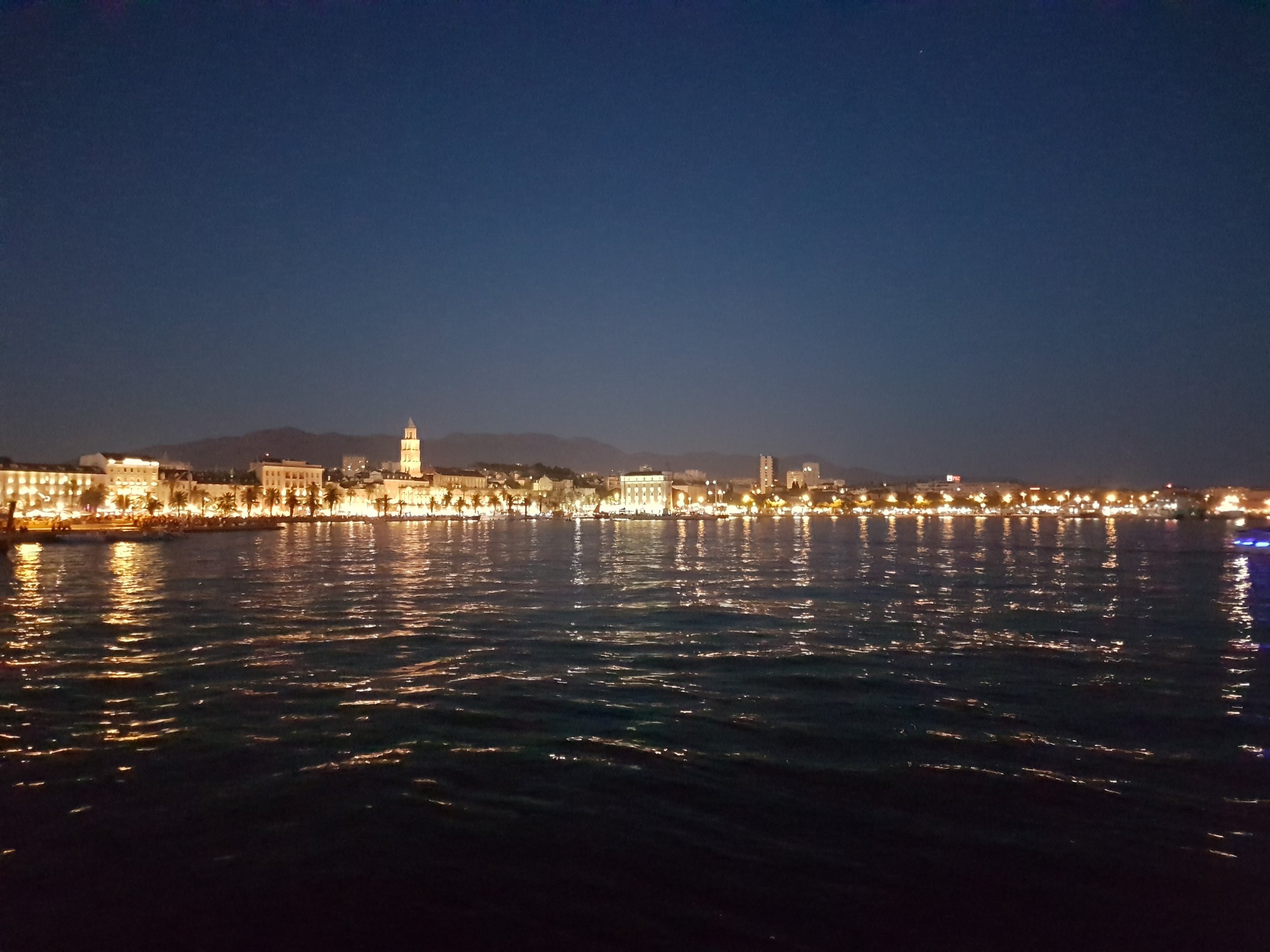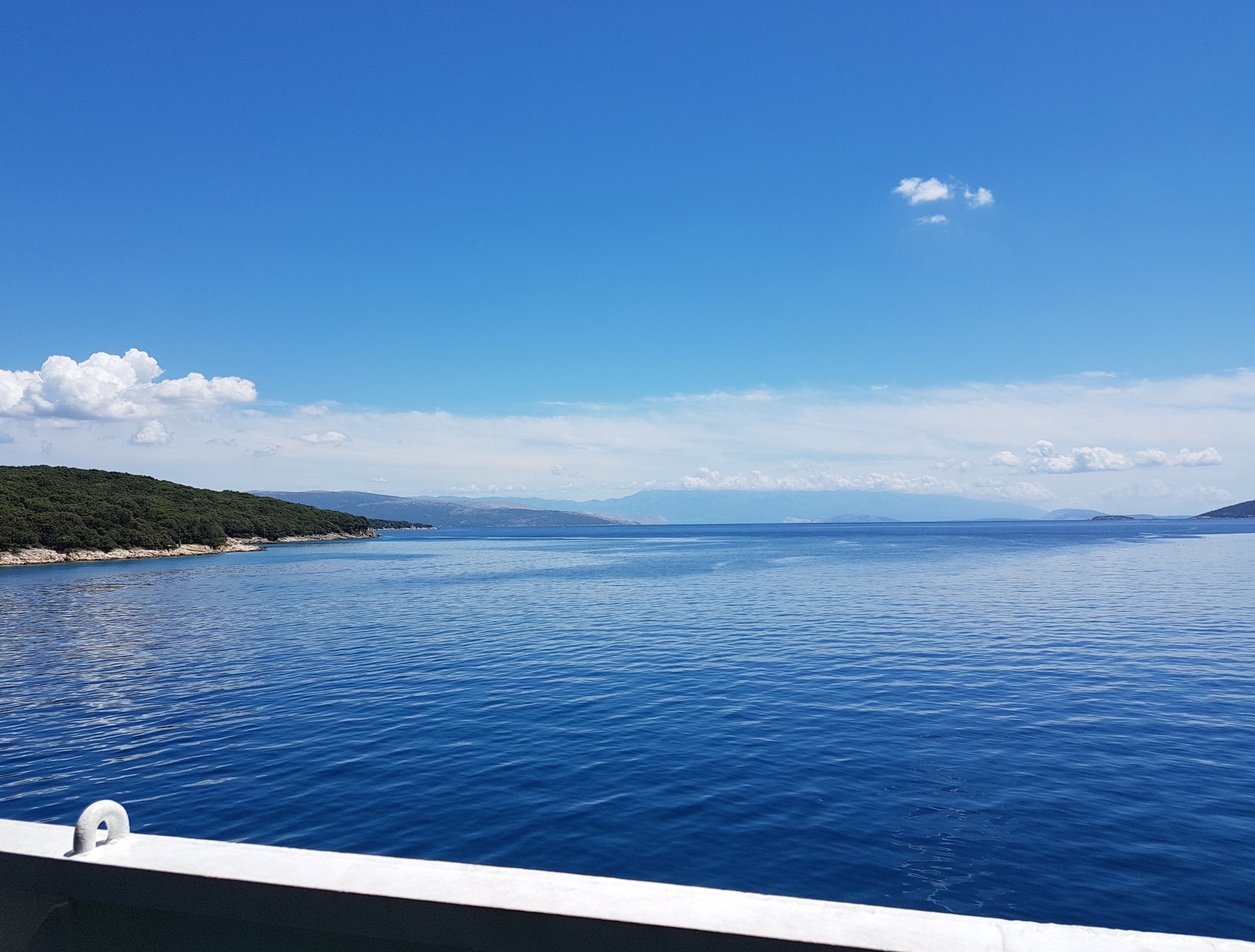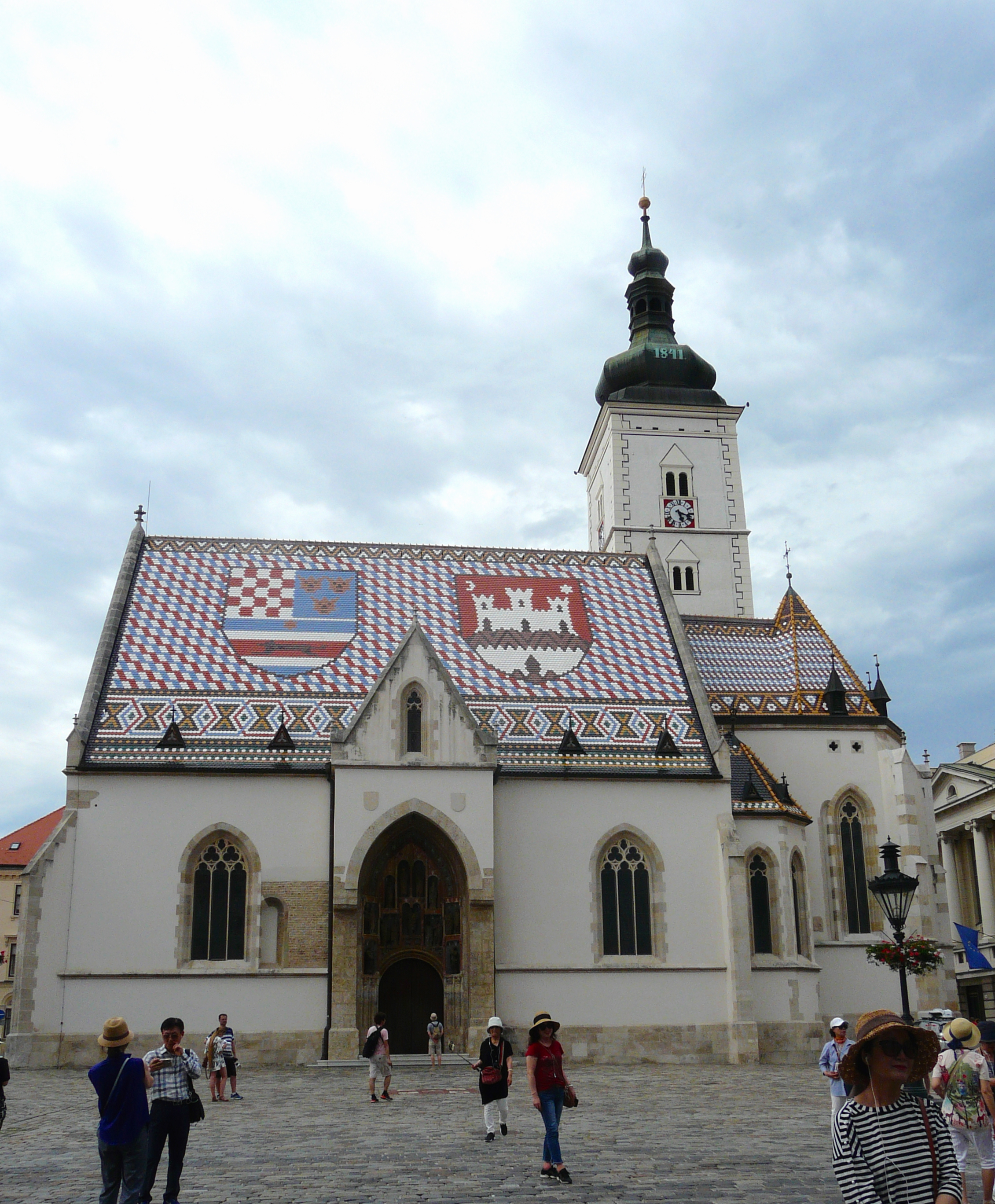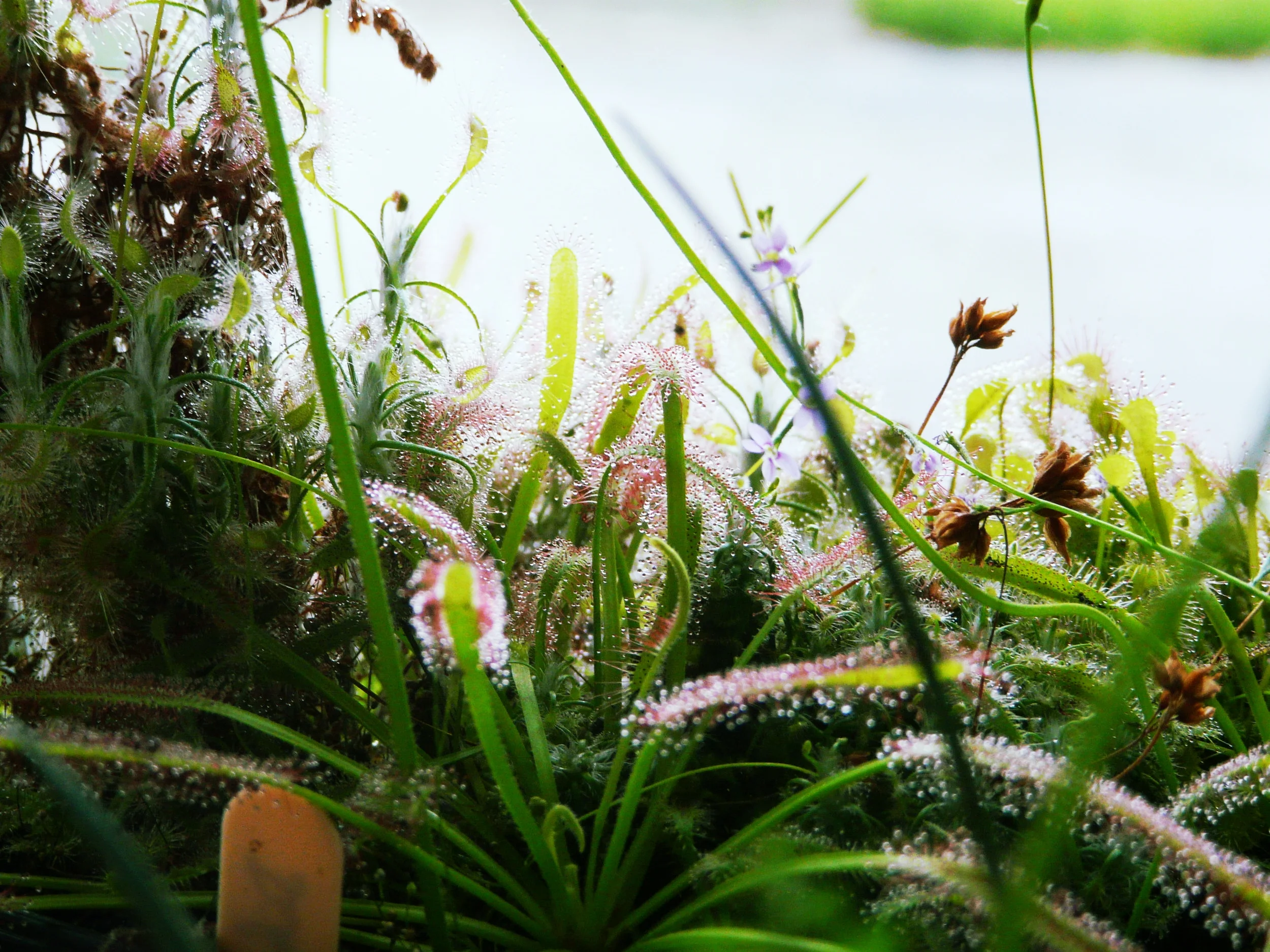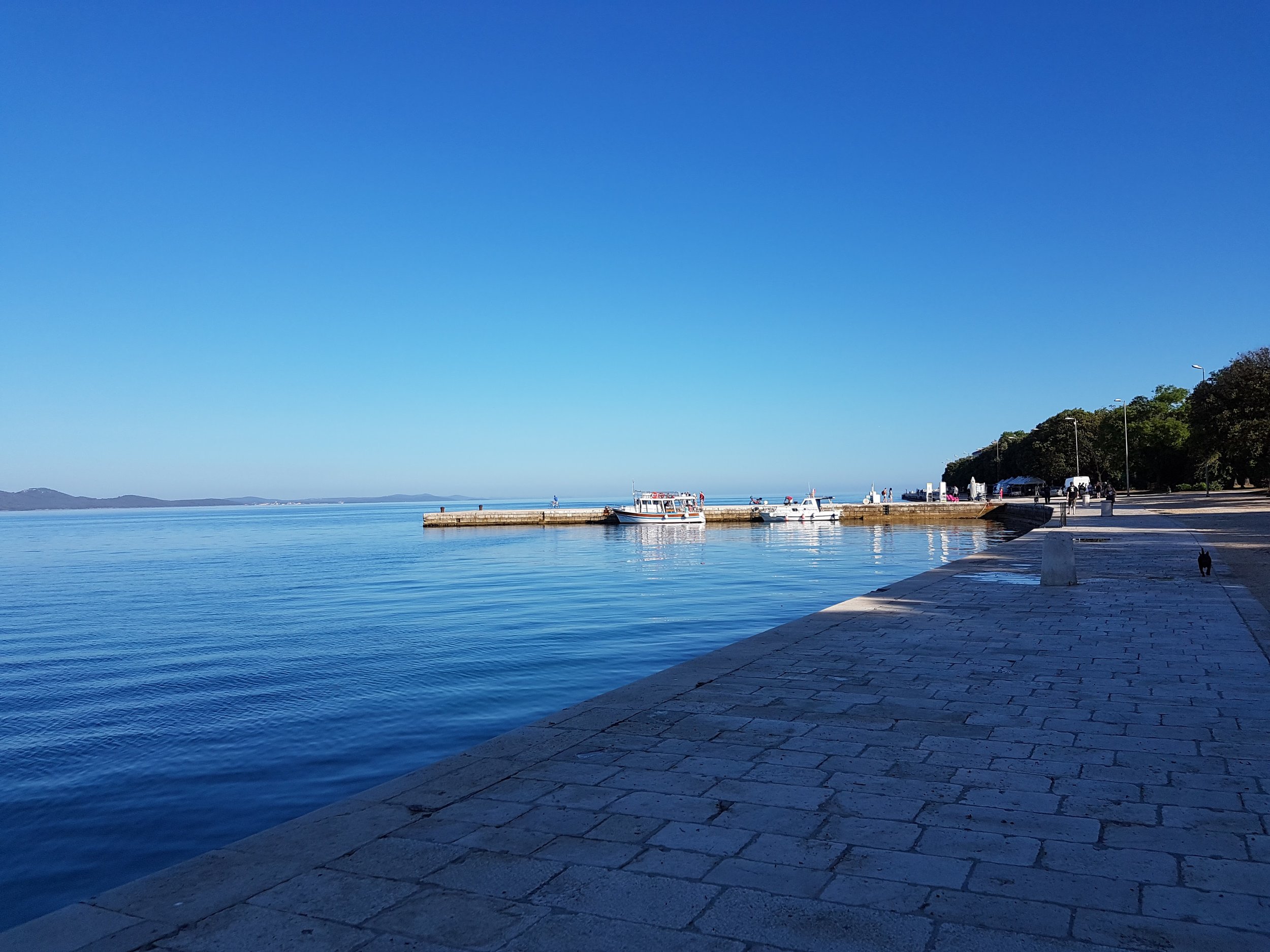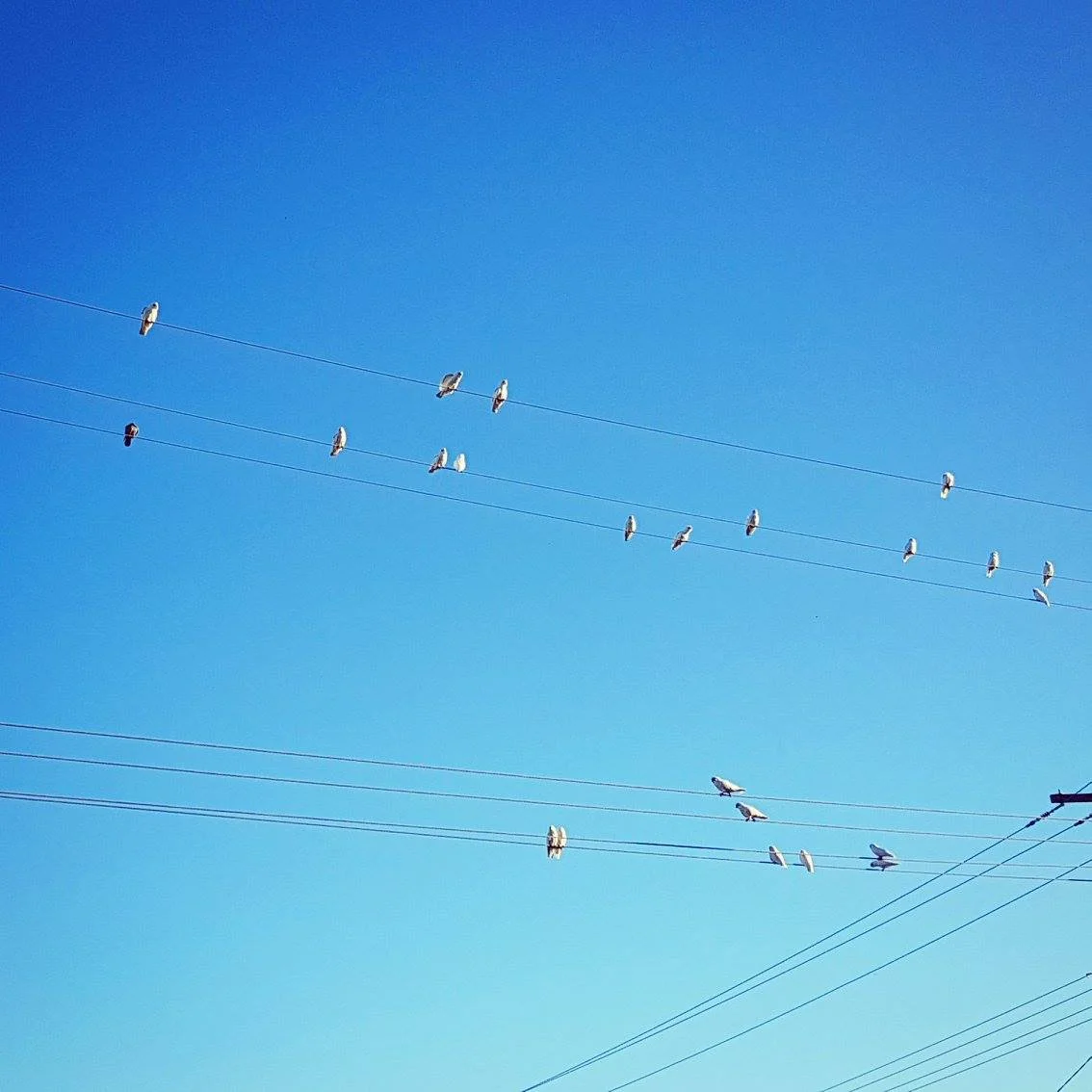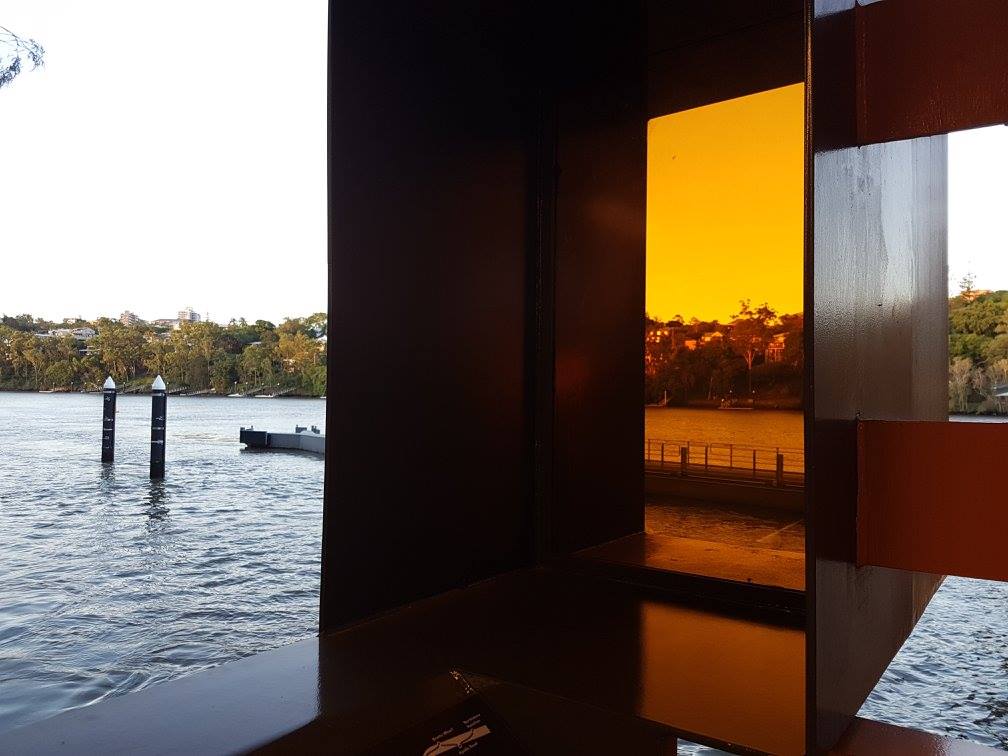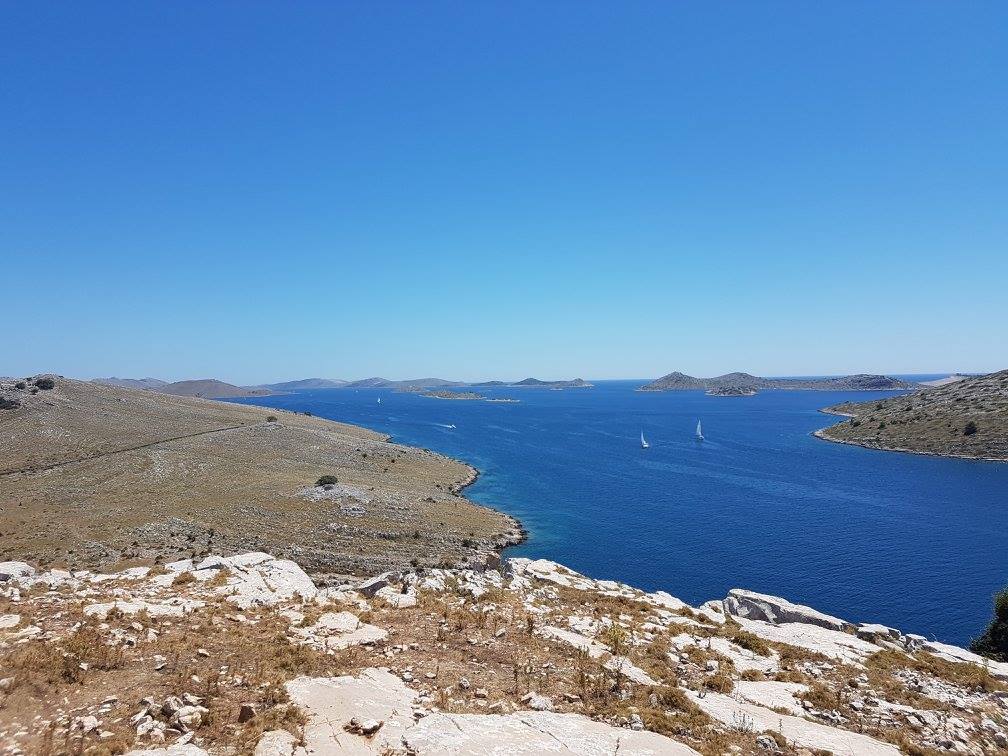Don’t Dream it’s Over
A while back a speculative fiction writer friend, in a conversation about apocalypses, told me that one of her worst fears was that a solar flare would ruin the internet and that society would have a meltdown (I went home and made a backup of my writing). She mentioned another writer friend who was deeply unsettled whenever her children weren’t on the same continent, in case Armageddon came and she was separated from them. I thought about this in passing as I prepared to go overseas, though not in any serious way. Perhaps it was just a thought, or perhaps it was prescience.
In mid-March, as the pandemic gathered speed in Germany, the Carson Center said that we could go home to our countries if we wanted to. I spent days mulling over what to do and Skyping with family to work it out. I initially decided to stay, as I had a good place to live and a safe routine (home-work-shops-English Garden), and Germany has a good healthcare system. So on Tuesday I went for the seventh time to the KVR, Munich’s administration centre, to see if my visa was ready. Approximately 20 people were on the whole train & I wore my red gloves so I didn’t pick up any bugs. Outside the KVR was a cluster of people, chains across the entrance, and security guards standing behind them. ‘Corona,’ I heard one of the guards say. That was the end of my visa, I figured. Luckily, after standing in a queue for 3 hours two weeks before, I had been able to get an interim visa.
As I had heard the shops were closing and as my main mechanism for dealing with stress and anxiety is buying nice things that make me feel better, I walked to a boutique named ‘Milk’ which a friend told me about. The lady who owned the shop said it was her last day of trading and she didn’t know if she was going to survive. I asked if the government was helping and she said she hadn’t been given any information at all. She didn’t like the heavy, top-down approach. ‘That is okay in China,’ she said, ‘but Europe, it’s a democracy!’ I too was worried about this, and wonder if the authoritarian measures will stay in place once the virus clears up. I bought two frocks and a pair of shoes, using funds I had set aside for a trip to Italy.
It was eerie in the city. The square at Marianplatz, which had been crowded at Christmas, was emptying of people, and though a handful were sitting outside drinking coffee, the air was tense. At Odeonsplatz, where I had bought Christmas greenery a few months before, a man sat on a stool playing a clarinet. The sound was mournful, the sound of things ending.
Odeonsplatz, usually crammed with people, was nearly empty.
I walked home. When I got back I found that the Australian government had advised all Australians to return home as soon as possible. I chatted with friends in Australia about the announcement. I had thought it applied to backpackers rather than people with more stable setups, but a friend told me the word was that the airlines were going to go bust, so I had to get out.
I slept on it, then on Wednesday morning I booked a ticket for 31st March. I was exhausted from anxiety. I went into work and watered the plants, but my brain wasn’t functioning. I ran into a colleague from Singapore who was packing up his office. ‘I thought you were going on April Fool’s Day?’ I said. He told me that he’d been advised to bring it forward as there might not be any flights left. I wondered aloud if I should bring mine forward. I went into the boardroom for a Zoom workshop.
I was still thinking about this during the meeting and it was hard to concentrate. When the meeting ended I changed my flight home to Monday 23rd March. I then found out that Qantas was cancelling all international flights from late March until at least May, so I was really glad I changed the flight.
I packed up my desk, gave my Madonna lily to my friend, looked at the budding tree outside my window for the last time (I was waiting to see what sort of leaves it would have) & rejoined my two colleagues in the conference room, where we drank some wine unearthed from the fridge. We took the bottles with us to the English Garden, picking up Vietnamese on the way, and sat on two park benches a metre apart while the light dimmed around us.
I checked my Qantas/Emirates flights all week to see if they were confirmed, which they were, but I was paralysed with anxiety and wouldn’t leave my apartment in case I became ill and couldn’t get home. On the morning of the 23rd I heard that Dubai was closing its airport from Wednesday 25th, but my flight left Dubai at 10.30am on the 24th. I tried to phone Qantas but figured it was a lost cause (my brother, in trying to get back from Australia to the US a few weeks before, was waiting on the phone to them for 4.5 hours), so I sent them a message on Twitter to check that all was ok, but they didn’t respond. I finished packing and cleaning my apartment, and caught a cab to the airport.
When I got there, the place was virtually empty. I found the Emirates desks. They were closed and my flight on the overhead boards read ‘Cancelled.’ My heart sank.
I found a young airport worker nearby who spoke English and he said that Emirates was closed. ‘I can’t get home,’ I told him, more to speak my distress aloud than anything else. I realised I had to sit down and work out what to do.
I contacted Qantas via Twitter again and asked them to contact me asap. A response came a few seconds later, and Chloe the sales assistant said that the cancellations were at Emirates' end & I would get a refund or voucher. I don’t see why they couldn’t have replied to my earlier tweet, instead of me having to find out at the airport.
I started heading back to my spotless apartment, for which I still had a spare key, until a friend suggested that I get a hotel. I got off the train, went back to the airport and waited for the bus and went to the hotel. Because my brain wasn’t working from stress, I missed my stop and had to stay on the bus until it circled around again.
At the hotel desk, I explained that my flight had been cancelled and that I needed a room to work out what to do. ‘Qantas aren’t being very helpful,’ I added. The man was kind and suggested I call the consulate. I think he felt sorry for me, because he gave me a room that, in ordinary circumstances, I would have loved (it had pink shag pile carpets and pink plastic flowers).
I set up Bluetooth on my phone and hearing aid so I could hear, and contacted the consulate in Berlin. The call was transferred to Canberra. The woman spoke very fast; I had to explain that I was deaf and ask her to speak more clearly. She said I needed to go back to the airline, regardless of how long it took, and get them to sort it out. I sent a series of increasingly desperate messages to Chloe, but she only replied tersely that the borders were closing everywhere and flights were being cancelled.
With some trepidation, because I knew it would spin them out, I updated my family, then got on the internet and started looking at flights. After a few hours my brother in San Francisco finished his work and helped me as well. We were able to get a flight with Thai airways, but I realised that I needed a negative Covid-19 test to transit at the airport. I looked up English-speaking doctors and made an appointment online, but explained to my brother that it would take 4-5 days to sort out, & the Thai borders might close in that time. He looked into Canadian and Japanese airlines, and eventually we found a flight with Qatar, which was still letting passengers transit through their airport at Doha. I then needed to sort out bookings at the other end, as the flight went to Sydney and I needed to get to the Gold Coast in Queensland and I had arranged for a taxi to pick me up. After I had booked and re-booked everything I could have slept for an hour, but I was terrified that I wouldn’t be able to hear my alarm and that I would miss the flight. So I got up and went back to the airport.
Qantas eventually replied to me 12 hours later, offering 3 flights via London, but I didn’t want to risk going through the rigmarole again. Suffice to say, I’m never flying with them again unless I can help it.
When I landed at Sydney airport, they were screening passengers. We were given masks and told to line up. No one was observing the 1.5m distancing rule. When I stood back in the queue to keep my distance, a teenage girl & her father took the spot in front of me that I had created! That was annoying but I was too tired to point it out to them.
The masks made lipreading impossible. I rely on reading a whole face for clues, so not only was I unable to figure out what people were saying through lipreading, but half my usual information was cut out. At the end of the queue we had our temperature checked and were gathered into groups so that a doctor could explain the rules regarding self-isolation. I told him that I was deaf and needed to lipread. He couldn’t remove his mask so instead took me aside and spoke to me loudly (which in ordinary situations is offensive, as I need clarity rather than volume, but this was no ordinary situation). At immigration, the woman behind the desk unleashed a torrent of words, so I had to put my hand up to stop her and explain again that I couldn’t lipread, and she kindly pulled her mask down.
I caught a cab to a hotel nearby, and the next morning flew to the Gold Coast, where a policeman read out the instructions for quarantine to me again. I took my re-booked cab down into New South Wales so I could go into quarantine at my parents’ holiday house (sans parents). I luckily missed the government’s directive to quarantine in a hotel for two weeks, which would have been painful. My significant other and I discussed whether I should go into a hotel in Brisbane, because I didn’t want to infect him in case I was sick, but it was expensive and I couldn’t bear the thought of being confined in so small a space. At least in my parents’ house I had space to roam around.
V grateful to a good friend who stocked up on food & boozo for me.
I was highly aware that I was very privileged to have a place to go to and that this option wasn’t available to most people (a colleague mentioned that some of the Rachel Carson Center students were living in dorms and were vulnerable to catching Covid-19). I was lucky to have a good friend not far away who could buy me some groceries so that I had food when I arrived, and that she put me in touch with another friend who could also help with my shopping while I was in quarantine. So although it was a terrible ordeal that certainly wasn’t helped by the perpetual anxiety that accompanies deafness, it could have been worse.
As it was, I did get sick with a sore throat and a cold and panicked a bit. I contacted the hotline, and the lady told me to go to a fever clinic.
‘But I don’t have a car,’ I replied.
She hummed and hawed, consulting her notes, then said, ‘You can catch a cab or ask a friend to take you, but you both have to wear masks and then they must self-isolate for two weeks.’
‘I’ll just call the local doctor,’ I said.
The doctor also told me to go to a fever clinic. I explained again that I didn’t have a car. The nurse had said to call an ambulance if I was so breathless that I needed to catch my breath between words. I certainly wasn’t at that stage, so I said to the doctor, ‘I’m not dying.’
‘Just keep isolating and monitor your symptoms.’
I had a thermometer with me and my temperature was fine, and congestion is not a COVID-19 symptom, so I figured my symptoms were the usual ones of chronic fatigue, which is not surprising given the stress I had gone through.
I had six weeks on my own, which mean some seven weeks in total without properly interacting with human beings, as I was isolating myself in Munich. It was really hard work, but not a completely foreign state of being as I have spent much of my life on my own due to my deafness.
My parents finally visited last week. They will winter here, & when they go I’ll find a way of returning to Brisbane (the bus may be running again by then). My mother has dodgy lungs, so if I want to see her I can’t risk going too far afield in case I catch something and bring it back, because the virus will kill her. I miss my significant other, although he, being an introvert, is having the time of his life. I figure that as I wasn’t going to see him until June (so much for that trip to Sicily!), another few months won’t matter so much.
I was heartbroken to leave the Rachel Carson Center, as well as my other fellowships. It looks like my academic career is in ruins as I only have 9 months left on my contract when I return in February (it was meant to be 2 years, until HR & the HoS informed me otherwise just before Christmas). Nine months is not enough time to put together and administer another research grant, and I don’t even know if my heart is in it anymore because the neoliberal university has proved to be such a pressurised place to work, particularly for staff with disabilities, to whom it is largely indifferent.
I’m trying to find silver linings. For the first time in nearly a decade I have untrammelled time to write and, importantly, to rest. I need this time desperately to write the novels have crowded my brain. I also need to get over my chronic fatigue & become fitter and I need to have a life again. Flogging myself to death for my career wasn’t worth it, because now there aren’t any jobs, and I expect the research funding will be cut back.
Despite the tragedy 2020 has already wrought for me and so many others, I remain hopeful. Deafness taught me to become a problem solver and, from past experience, if I think hard enough I can usually come up with a solution. I will find a way back to academia, although it might take me years. In the meantime there is the beach with butterflies riding the breezes to find salt; kookaburras and fruit bats in the patch of rainforest behind the house; and unspooling time in which to read and write.













